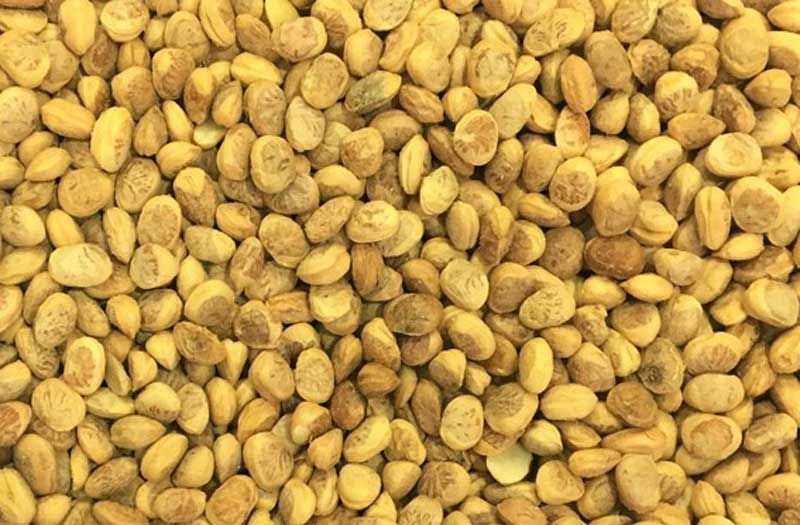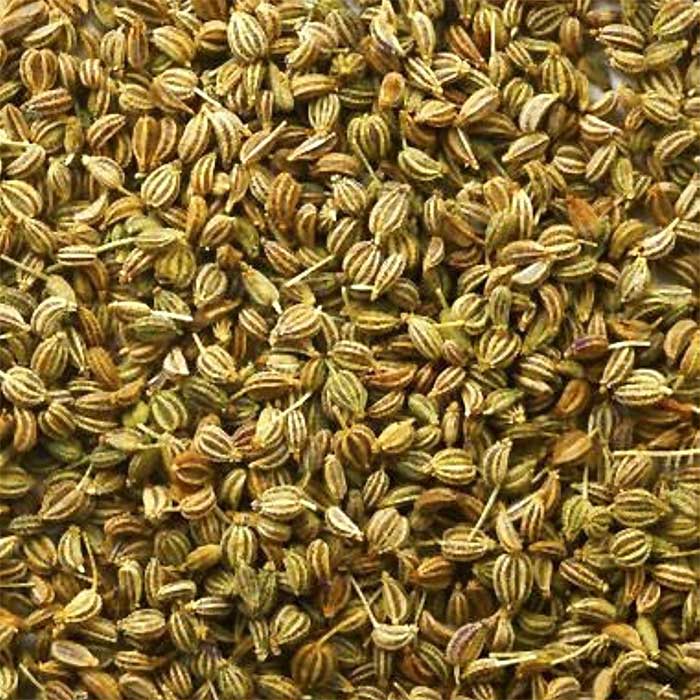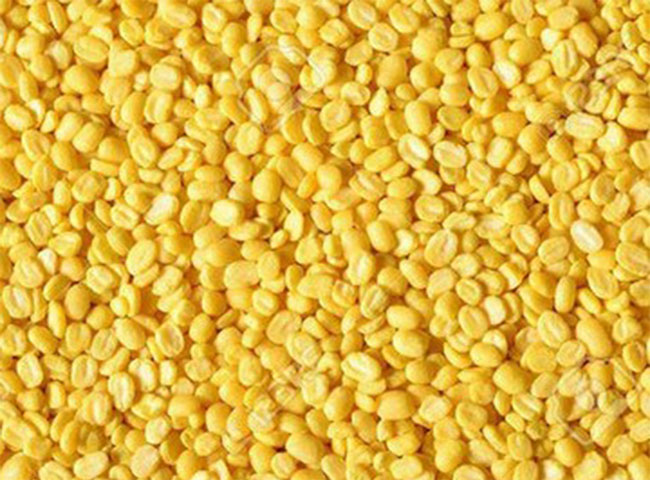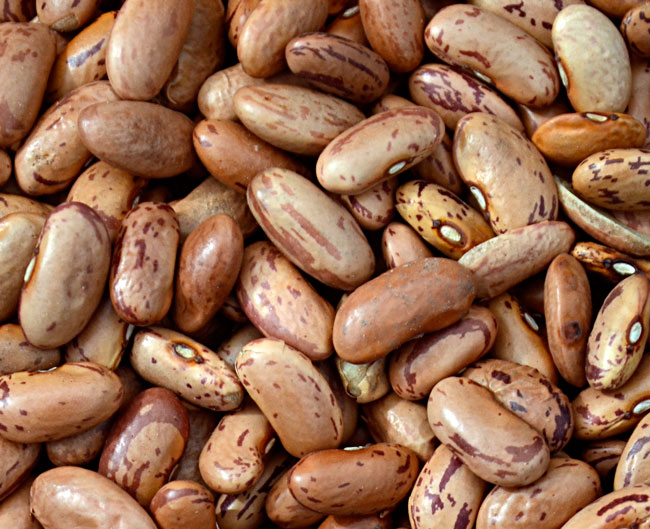Charoli – Chironji: Chironji (Charoli seeds) is not only valued for its unique flavor in cooking but also for its numerous health benefits. Charoli, also known as Chironji (Buchanania lanzan), refers to small seeds that are often used in Indian cuisine. These seeds come from the Chironji tree, a plant native to the Indian subcontinent. Chironji seeds have a nutty flavor and are commonly used as a topping in desserts like kheer (rice pudding), halwa, and other sweet dishes. They can also be ground into a paste and used to thicken sauces or gravies in savory recipes.
In addition to its culinary uses, Chironji seeds are known for their nutritional and medicinal properties in Ayurveda. They are believed to have cooling effects, are rich in protein and healthy fats, and are sometimes used to treat skin conditions or aid digestion.
Here’s an overview of the key health benefits associated with Charoli Chironji :
1. Rich in Nutrients
- Protein and healthy fats: Chironji seeds are a great source of protein, making them beneficial for muscle repair and overall body function. They also contain healthy fats, including unsaturated fats that help in maintaining heart health.
- Vitamins and minerals: They are rich in important nutrients like vitamin C, vitamin B1, B2, calcium, phosphorus, and iron, which contribute to the immune system, bone health, and energy metabolism.
Click here to learn more about spices…
2. Good for Digestion
- Natural digestive aid: Known to soothe digestive issues like indigestion, diarrhea, and ulcers. Its cooling properties can help reduce acidity and relieve constipation when consumed in moderate amounts.
- Antibacterial effects: The seeds have antimicrobial properties that help in fighting harmful bacteria in the gut, promoting better digestion.
3. Beneficial for Skin
- Treats skin conditions: Often used in Ayurveda for its ability to improve skin health. It helps in treating issues like acne, blemishes, and skin rashes. The cooling nature of chironji can soothe inflammation and redness.
- Natural moisturizer: When ground into a paste and applied to the skin, it can act as a natural moisturizer, helping to soften dry skin and improve complexion.
4. Heart Health
- Lowers cholesterol: The healthy fats in chironji, especially unsaturated fats, can help reduce bad cholesterol (LDL) levels, improving overall heart health and reducing the risk of cardiovascular disease.
- Improves blood circulation: The seeds contain potassium and magnesium, which are essential for regulating blood pressure and ensuring proper blood circulation.
5. Boosts Energy
- High calorie content: Chironji seeds are energy-dense, which can provide a quick boost of energy when consumed. This makes them ideal for people who need an energy pick-me-up, such as athletes or those recovering from illness.
6. Anti-inflammatory Properties
- Also known for its anti-inflammatory properties, which can help reduce inflammation in the body. This can be beneficial for conditions like arthritis and other inflammatory disorders.
7. Supports Reproductive Health
- In traditional medicine, chironji is believed to enhance reproductive health, especially in men. It is thought to boost fertility and improve sexual vigor due to its energizing properties and rich nutrient profile.
8. Supports Wound Healing
- Chironji seed oil, known for its healing properties, accelerates the healing of cuts and wounds when applied, due to its antiseptic and anti-inflammatory qualities.
9. Improves Brain Function
- Chironji contains nutrients like iron and essential fatty acids that support brain function. Regular consumption may help improve memory, focus, and overall cognitive health.
10. Helps in Weight Management
- Despite being energy-rich, chironji seeds can promote healthy weight management when consumed in moderation. The high protein and fiber content help in promoting satiety, preventing overeating, and keeping hunger in check.
How to Use Chironji:
- As a paste for skin: Grind chironji seeds with rose water or milk to make a face mask to treat acne, blemishes, and dry skin.
- In food: Add the seeds to sweet dishes like kheer or halwa, sprinkle them on salads, or grind them into a paste for savory sauces.
Overall, chironji is a versatile ingredient with both culinary and medicinal uses. Whether consumed for its flavor or its health benefits, it’s a valuable addition to the diet. However, like any food, it should be consumed in moderation to avoid excess calorie intake.
While chironji (charoli seeds) offers numerous health benefits, consuming it in excess or in certain conditions may lead to some side effects. Here are the potential side effects and considerations to keep in mind:
1. Allergic Reactions
- Some individuals may be allergic to chironji seeds. Allergic reactions can manifest as skin rashes, itching, swelling, or difficulty breathing. If you’re prone to nut or seed allergies, it’s advisable to approach chironji consumption with caution and consult with a healthcare provider if you experience any symptoms.
2. Weight Gain
- Chironji seeds are energy-dense and high in calories due to their fat content. While the fats are healthy, overconsumption could contribute to weight gain, especially if consumed in large quantities without proper portion control. This can be problematic for those looking to maintain or lose weight.
3. Indigestion and Gastrointestinal Issues
- Excessive consumption of chironji can lead to indigestion, bloating, or constipation, particularly for individuals with sensitive digestive systems. Although the seeds are generally good for digestion in moderate amounts, overconsumption can strain the digestive process.
4. High Caloric Intake
- As chironji is rich in fats and proteins, it can be high in calories. For people on restricted diets or those trying to manage their caloric intake, eating too much chironji can lead to unintended calorie surplus, potentially leading to weight-related issues.
5. Possible Interaction with Medications
- There is limited scientific data on chironji’s interaction with medications. However, since chironji contains active compounds and healthy fats, it is advisable to consult a healthcare provider if you are on medication, especially for heart, cholesterol, or blood pressure, to ensure it does not interfere with any treatments.
6. May Cause Acne or Skin Breakouts (for Oily Skin)
- For individuals prone to oily skin, the rich fatty content of chironji can sometimes cause or exacerbate acne or breakouts if consumed in large amounts. While it has beneficial effects on the skin when used topically, consuming too many high-fat foods can contribute to increased oil production and clogging of pores.
7. Heat Generation in the Body
- Chironji seeds are considered to have a slightly “heaty” nature in Ayurvedic and traditional medicine systems, meaning they may increase the body’s internal heat if consumed in excess. This can lead to issues like acidity, heartburn, or discomfort, especially in people sensitive to heat-inducing foods.
8. Lactating or Pregnant Women
- While there is no significant evidence suggesting chironji is harmful during pregnancy or lactation, it’s always best to consult with a healthcare provider before consuming herbs or seeds in medicinal amounts during these periods. Overconsumption might affect digestion or nutrient absorption, especially if dietary restrictions are in place.
9. Risk for People with Nut or Seed Sensitivities
- Chironji seeds, though technically not nuts, resemble and act like nuts in some culinary applications. If you have sensitivities or allergies to nuts or seeds (like peanuts, almonds, or cashews), you should exercise caution before consuming chironji, as it may trigger similar reactions.
10. May Cause Hyperkalemia in Excess
- Chironji seeds are rich in potassium, which is essential for heart and muscle function. However, excessive potassium intake can lead to hyperkalemia (too much potassium in the blood), which can be harmful, especially for individuals with kidney issues or those on potassium-regulating medications.
General Recommendations:
- Moderation is Key: To avoid these side effects, consume chironji in moderation as part of a balanced diet. Limit daily intake to a small amount (a tablespoon or two) unless otherwise advised by a healthcare professional.
- Stay Hydrated: If you feel chironji increases heat in your body, drinking plenty of water or combining it with cooling foods like yogurt or cucumber can help balance the internal body temperature.
- Consult a Doctor: If you’re pregnant, breastfeeding, or have underlying health conditions like diabetes, heart issues, or kidney problems, it’s always a good idea to consult with a healthcare professional before adding chironji to your diet.
By being mindful of the quantity and your personal health status, chironji can be enjoyed safely while minimizing the risk of side effects.
Charoli – Chironji चिरौंजी (Chironji), जिसे चारोली भी कहा जाता है, एक छोटे आकार के बीज होते हैं जो भारतीय व्यंजनों में इस्तेमाल किए जाते हैं। ये बीज बुचानानिया लैंजन (Buchanania lanzan) नामक पेड़ से प्राप्त होते हैं और मुख्य रूप से मिठाइयों जैसे कि खीर, हलवा और अन्य मीठे पकवानों में डालकर खाए जाते हैं। चिरौंजी का स्वाद हल्का नट्स जैसा होता है और इसे विभिन्न व्यंजनों में तड़के या गाढ़ापन लाने के लिए उपयोग किया जाता है।
चिरौंजी के स्वास्थ्य लाभ:
- पोषण से भरपूर: चिरौंजी में प्रोटीन, विटामिन C, और विटामिन B1, B2 होते हैं, जो शरीर की ऊर्जा बनाए रखने और प्रतिरक्षा तंत्र को मजबूत करने में मदद करते हैं।
- पाचन में सुधार: यह पेट की समस्याओं जैसे अपच और दस्त में आराम दिलाने में सहायक हो सकती है।
- त्वचा के लिए फायदेमंद: चिरौंजी का लेप त्वचा की समस्याओं जैसे मुंहासे, दाने, और सूखी त्वचा के लिए लाभकारी होता है।
- हृदय स्वास्थ्य: चिरौंजी में पाए जाने वाले स्वस्थ वसा कोलेस्ट्रॉल के स्तर को नियंत्रित रखने में मदद करते हैं।
- ऊर्जा बढ़ाने वाला: इसके उच्च कैलोरी कंटेंट के कारण यह शरीर को जल्दी से ऊर्जा प्रदान करता है।
चिरौंजी के साइड इफेक्ट्स:
- एलर्जी: कुछ लोगों को चिरौंजी से एलर्जी हो सकती है, जो त्वचा पर खुजली या सूजन का कारण बन सकती है।
- अधिक सेवन से वजन बढ़ना: चिरौंजी में फैट और कैलोरी अधिक मात्रा में होती है, जिससे ज्यादा सेवन करने पर वजन बढ़ सकता है।
- पाचन समस्याएं: अत्यधिक मात्रा में सेवन से गैस या कब्ज की समस्या हो सकती है।
Chironji चिरौंजी का सेवन सीमित मात्रा में और संतुलित आहार के साथ करने से इसके अधिकतम लाभ लिए जा सकते हैं।




